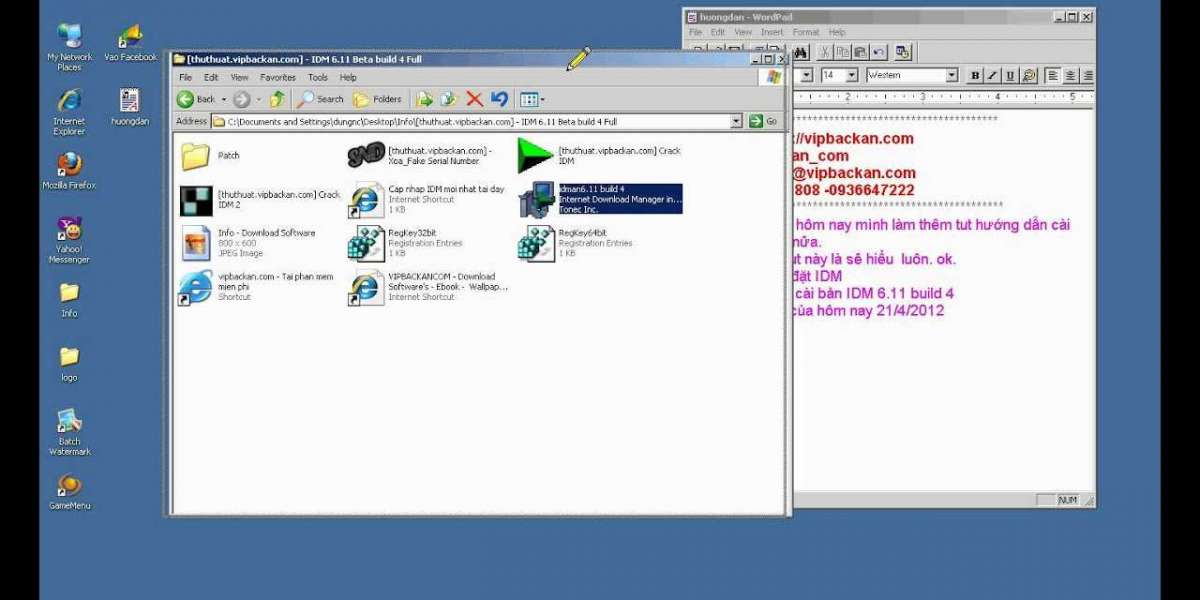Wage garnishments are a common but often misunderstood aspect of personal finance and debt management. For many, the term conjures images of financial distress and legal entanglements. However, wage garnishments can also be a mechanism to help creditors recover owed money while providing a structured way for individuals to manage their debts. In this blog post, we'll explore what wage garnishments are, how they work, and what you can do if you find yourself facing one.
What Are Wage Garnishments?
Wage garnishments refer to a legal process where a portion of an individual's earnings is withheld by an employer for the payment of a debt. This process typically occurs when a court orders that a portion of an employee's wages be deducted to satisfy a judgment or debt obligation. Wage garnishments can be applied to various types of debts, including unpaid loans, child support, alimony, and certain tax obligations.
How Do Wage Garnishments Work?
- Initiation of Garnishment: Wage garnishments typically begin with a court order or a legal directive from a government agency. For example, if you have defaulted on a loan, the creditor may sue you in court. If they win the case, the court may issue a garnishment order instructing your employer to withhold a portion of your wages.
- Employer's Role: Once the garnishment order is issued, your employer is legally obligated to comply. They will calculate the amount to be withheld based on the garnishment order and relevant federal or state laws. The withheld amount is then sent directly to the creditor or debt collector.
- Limits and Protections: Federal law imposes limits on how much of your wages can be garnished. Under the Consumer Credit Protection Act (CCPA), the maximum amount that can be garnished is generally 25% of your disposable earnings or the amount by which your weekly earnings exceed 30 times the federal minimum wage, whichever is less. Certain types of debts, such as child support or tax debts, may have different rules.
- Notification and Dispute: In many cases, you will receive notice of the garnishment before it starts. This notice will typically include information about the debt and instructions on how to dispute the garnishment if you believe it is incorrect or unjust. If you have legitimate reasons to challenge the garnishment, you should respond promptly to avoid further legal complications.
Types of Debts Subject to Garnishment
- Consumer Debts: These include credit card debts, personal loans, and medical bills. Creditors can obtain a court order to garnish wages for these types of unsecured debts, although they must first go through the legal process to get the judgment.
- Child Support and Alimony: Garnishments for child support and alimony are often prioritized and can be more challenging to contest. The court may order wage garnishment if you are behind on these payments, and there are generally fewer legal protections available for these types of garnishments.
- Tax Debts: The Internal Revenue Service (IRS) and state tax agencies can also garnish wages to collect unpaid taxes. Tax garnishments can be aggressive, and it is essential to address any tax debt issues promptly to avoid further complications.
- Student Loans: Federal student loan servicers can garnish wages without a court order if you default on your student loans. This process can be initiated by the Department of Education or a guaranty agency handling the loan.
Impact of Wage Garnishments
Wage garnishments can have a significant impact on your financial well-being and daily life:
- Reduced Income: A garnishment reduces your take-home pay, which can strain your budget and make it challenging to cover essential living expenses. This reduction can be particularly difficult if you are already struggling with financial hardship.
- Stigma and Stress: The experience of having your wages garnished can be stressful and carry a social stigma. The knowledge that your employer is involved in your financial troubles can be embarrassing and may affect your morale and job satisfaction.
- Credit Score: While garnishments themselves do not directly impact your credit score, the underlying debt may have already affected your credit rating. Addressing the debt and managing your finances can help mitigate further damage to your credit.
What to Do If You Face a Wage Garnishment
- Understand Your Rights: Familiarize yourself with federal and state laws regarding wage garnishments. Understanding your rights can help you navigate the process and explore potential avenues for relief.
- Review the Garnishment Order: Carefully review the garnishment order for accuracy. Ensure that the amount being withheld is correct and that the creditor is properly identified. If you find any discrepancies, contact the court or your employer to resolve the issue.
- Communicate with Creditors: Reach out to your creditors to discuss the possibility of a payment plan or settlement. In some cases, creditors may be willing to negotiate or modify the terms of the garnishment.
- Seek Legal Advice: If you are unsure about your rights or need assistance navigating the garnishment process, consider seeking legal advice. An attorney specializing in debt and consumer rights can provide valuable guidance and help you explore options for challenging or reducing the garnishment.
- Consider Financial Counseling: Working with a credit counselor or financial advisor can help you develop a budget, manage your debts, and address any underlying financial issues. Professional guidance can be instrumental in getting back on track.
Preventing Wage Garnishments
To avoid wage garnishments, it is crucial to manage your finances responsibly and address any debt-related issues proactively. Here are some tips to help prevent garnishments:
- Stay on Top of Payments: Make timely payments on your debts and stay in communication with creditors if you anticipate difficulty meeting your obligations.
- Budget and Save: Create a budget to manage your expenses and save for emergencies. Having a financial cushion can help you avoid falling behind on payments.
- Seek Help Early: If you are struggling with debt, seek help from a credit counselor or financial advisor as soon as possible. Addressing financial challenges early can prevent more severe consequences, including garnishments.
- Negotiate with Creditors: If you are unable to make payments, negotiate with creditors to explore possible solutions, such as reduced payments or debt settlement.
Conclusion
Wage garnishments are a legal tool used to recover debts, but they can also create significant challenges for those affected. By understanding how wage garnishments work and taking proactive steps to manage your finances, you can mitigate their impact and work towards resolving your debts. If you find yourself facing a garnishment, it’s essential to stay informed, seek professional advice, and take action to address the underlying issues. With careful management and support, you can navigate this challenging situation and work towards a more stable financial future.














